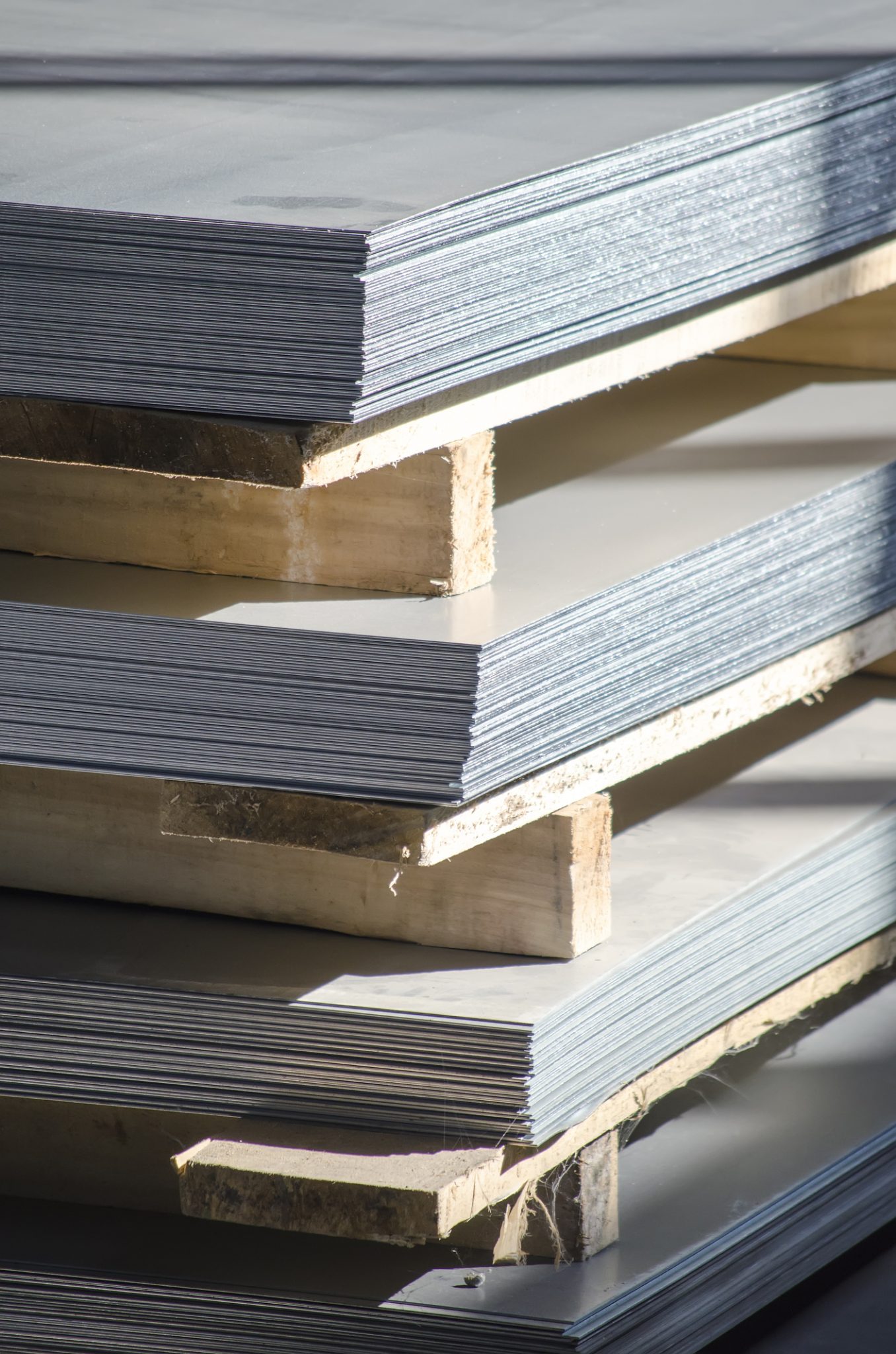TITANIUM
A STRONG ELEMENT
Titanium is a chemical element with the symbol Ti and atomic number 22. Titanium has a unique combination of mechanical and physical properties. It is a lustrous transition metal with a silver color, low density and high strength and it´s highly resistant to corrosion in seawater and in chlorine. Titan weighs 45% less than stainless steel but is about as strong. All combined this makes Titanium an excellent material choice for a variety of especially challenging environments.
Titanium Gateway supply commercially pure titanium in Gr1-Gr4, and alloyed titanium in Gr5, Gr7, Gr9, Gr11, Gr23.


COMMERCIALLY PURE TITANIUM
Commercially Pure Titanium is represented by four distinct grades, specifically grade 1, grade 2, grade 3 and grade 4. Pure titanium ranges from grade 1, which has the highest corrosion resistance, formability and lowest strength, to grade 4, which offers the highest strength and moderate formability.
ALLOYED TITANIUM
Titanium alloys are metals that contain a mixture of titanium and other chemical elements. For most applications it is alloyed with small amounts of aluminum and vanadium, typically 6% and 4% respectively, and for some it’s also alloyed with palladium. Such alloys have very high tensile strength and toughness, they are light in weight, have corrosion resistance and the ability to withstand high temperatures. The heat resistance enables a heat treatment process after the alloy has been worked into its final shape but before it is put to use, allowing much easier fabrication of a high-strength product.

FAQ
- What is alloyed titanium?
Titanium alloys are metals that contain a mixture of titanium and other chemical elements. For most applications it is alloyed with small amounts of aluminum and vanadium, typically 6% and 4% respectively, and for some its also alloyed with palladium. Such alloys have very high tensile strength and toughness, they are light in weight, have corrosion resistance and the ability to withstand high temperatures. The heat resistance enables a heat treatment process after the alloy has been worked into its final shape but before it is put to use, allowing much easier fabrication of a high-strength product.
- What is commercially pure titanium?
Commercially Pure Titanium is represented by four distinct grades, specifically grade 1, grade 2, grade 3 and grade 4. Pure titanium ranges from grade 1, which has the highest corrosion resistance, formability and lowest strength, to grade 4, which offers the highest strength and moderate formability.

- What is titanium Grade 1?
Titanium Grade 1 / EN3.7025/ASTM B265
Titanium Grade 1 / EN3.7025/ASTM B265
Titanium grade 1 is one of four commercially pure titanium qualities’. It’s the softest of all four grades with the highest formability and corrosion resistance and lowest strength. It has an excellent weldability.
Typical applications for grade 1 is for corrosion resistance in the chemical and marine industries; in airframe construction where maximum ease of formability is desired
- What is titanium Grade 2?
Titan Grade 2/EN 3.7035/ASTM B 348
Grade 2 is the most widely used titanium alloy in all product forms, it has similar characteristics as grad 1 but is slightly stronger. Grade 2 offering an excellent balance of moderate strength and reasonable ductility. Highly corrosion resistant in highly oxidizing and mildly reducing environments, including chlorides. Grade 2 has very good weldability.
Typical Grade 2 Applications is for corrosion resistant in the chemical and offshore industries, in aircraft construction where a certain strength level and ease of formability is desired. Also used in heat exchangers, hypochlorite systems, fire water systems, ballast water systems, risers, fittings, flanges, fasteners, forgings, pumps, valves.
- What is titanium grade 5?
Titan Grade 5/6AL-4V9/ASTM B 348
Grad 5 is the most widely used titanium alloy. It has very high strength but relatively low ductility. Compared to pure titanium, grad 5 has much higher tensil strength and a higher yeld point. Titanium grad 5 is therefore preferable when the strength is more important than the corrosion resistance. The main application of this alloy is in aircraft and spacecraft. Offshore use is growing. The alloy is weldable and can be precipitation hardened.